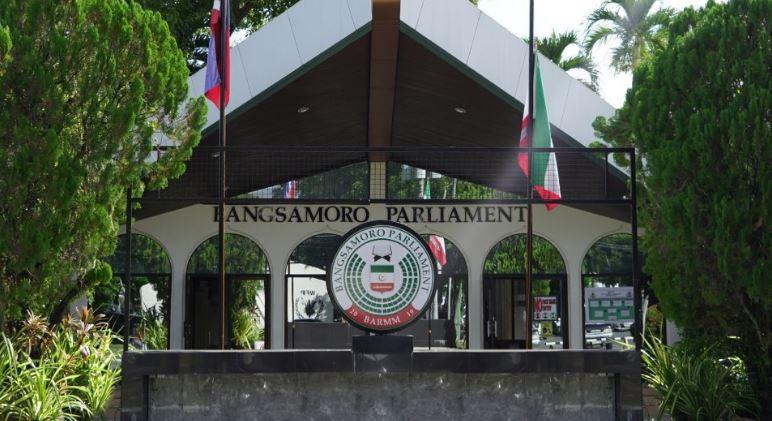BARMM MPs laud law on more Shari'a judicial districts, courts

Members of the Bangsamoro parliament lauded President Ferdinand "Bongbong" Marcos Jr.'s signing of Republic Act No. 12018, creating three new Shari'a Judicial Districts and increasing Shari'a Circuit Courts from 51 to 63.
"This is a victory for efforts on inclusivity and a powerful acknowledgment of the unique needs of the Muslim community," MP Amir Mawallil said in a statement.
"This represents a significant advancement in the administration of justice for our Muslim brothers and sisters in the Philippines. It acknowledges the importance of the Shari’a judicial system and brings it closer to the communities it serves, ensuring that justice according to Islamic law is more accessible to all," he added.
“We thank President Marcos Jr. for deeply understanding the situation of our Muslim brothers and sisters and signing into law this significant measure,” Mawallil said.
Marcos recently signed the measure into law that mandated the creation of three more districts of the Shari’a judicial system added to the five existing ones: the sixth in Bukidnon, Misamis Oriental, Misamis Occidental, Camiguin, Cagayan de Oro City, and provinces in Regions XI and XIII; the seventh covering Regions VI, VII, and VIII; and the eighth includes Metro Manila, the Cordillera Administrative Region, and Regions I, II, III, IV-A, V, and Mimaropa.
At present there are five existing districts: one in Sulu; one in Tawi-Tawi; another in Basilan with Zamboanga del Norte, Zamboanga del Sur, Dipolog, Pagadian, Zamboanga Cities; one in Lanao del Norte, Lanao del Sur, Iligan and Marawi Cities; and one in Maguindanao, North Cotabato, Sultan Kudarat, and Cotabato City.
The new law also created 12 new circuit courts, which will be distributed as follows: five in the sixth district, three in the seventh, and four in the eighth.
MP Rasol Mitmug Jr. said the enactment of the measure would truly help the Muslim community.
"These courts play an important role in resolving matters of personal status, family law and inheritance according to Islamic principles. With more courts spread across different regions, many Muslim citizens will now have greater access to judicial redress within their own communities, reducing the distance and barriers to seeking justice," Mitmug said.
He said the law would especially benefit areas with significant Muslim populations, such as BARMM and other provinces with sizable Muslim communities, which for years have no access to Shari’a courts, resulting in backlogs and delays due to the limited number of courts.
MP Laisa Alamia, for her part, thanked the Senate and the House of Representatives for their role in passing such a very important piece of legislation.
"This is a step toward a more just and equitable society for our Muslim population, one that respects their rights and beliefs while promoting peace and harmony across the country,” Alamia said.
"It is a recognition that justice must not only be fair and accessible but also culturally and religiously sensitive. The new Shari’a courts will help strengthen the bond between the Muslim community and the rest of the nation, fostering greater trust in the justice system and reinforcing the principles of inclusivity and equality," she added. —NB, GMA Integrated News




